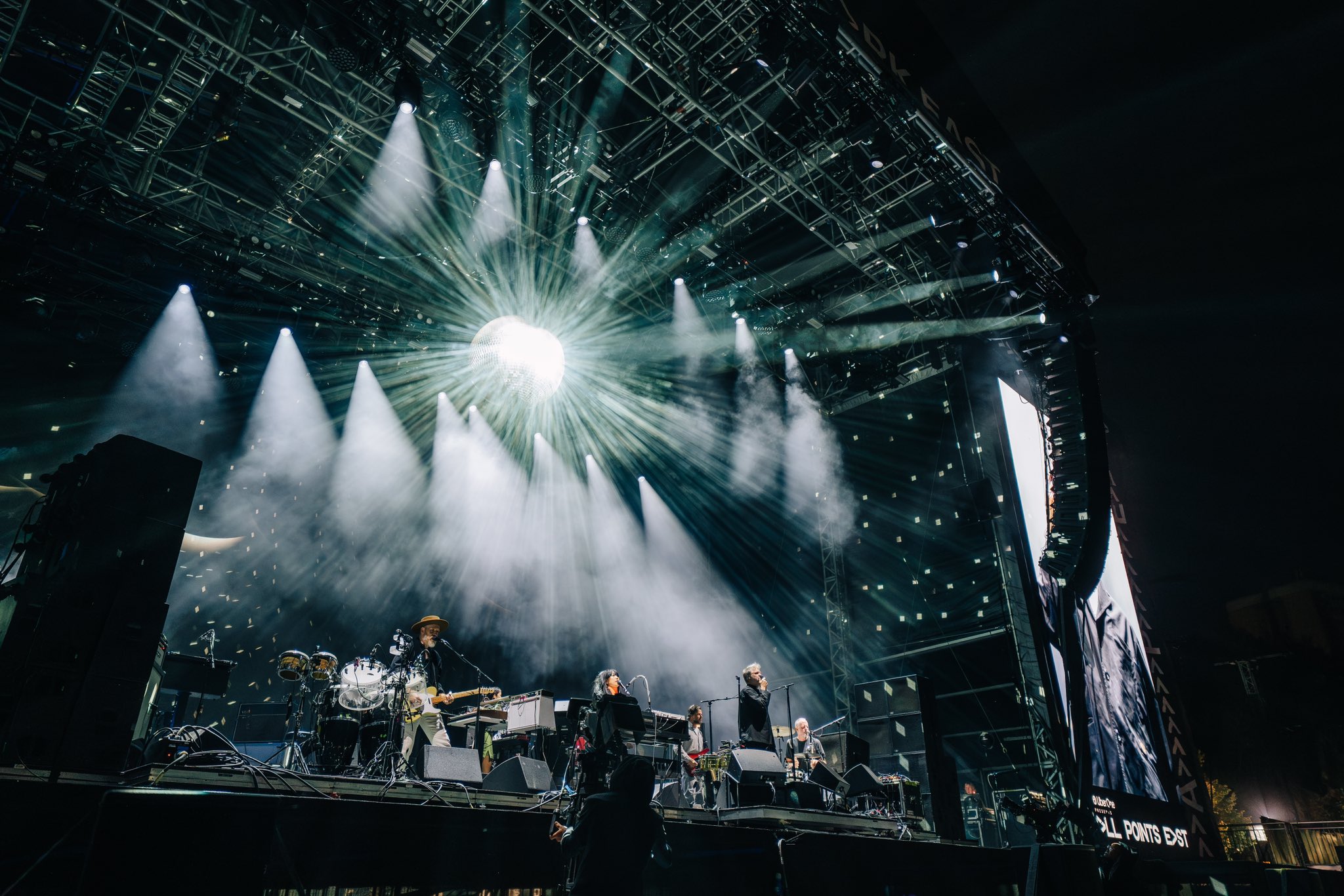by Jim Keaveney.
 |
| Hans Kesting in Ivo van Hove’s production of Who Killed My Father. Photo: Jan Versweyveld |
Who Killed My Father, An Internationaal Theater Amsterdam production in association with the Young Vic, is Ivo van Hove’s second one-person show in London this year, following on from his production of The Human Voice starring Ruth Wilson, and a return to the venue of his critically-acclaimed production of Arthur Millar’s A View from the Bridge.
Translated, adapted and directed by van Hove from Édouard Louis’s autobiographical book, Who Killed My Father sees a son (Hans Kesting, in a rare performance of the monologue in English) returning home to the small, conservative town in the north of France where he grew up as a gay teenager.
He finds his dying father, virtually unrecognisable – the man who his back crushed in a factory accident has been forced to work as a street-sweeper, bending to pick litter, for 8 hours a day while the drugs he needs for his stomach are no longer funded and are unaffordable. The years of social deprivation, grueling manual labour, alcoholism and chainsmoking have destroyed him. It forces the son to reflect on their relationship during his childhood and to wonder who is responsible for his father’s decline.
It is a notably sombre piece, accentuated by Jan Versweyveld’s bleak set with its black-painted walls puntuacted with the holes created in the father’s fury and black ash, reflecting the cigarette ash, slowly raining from the ceiling. Kesting delivers an astounding performance – notionally playing the son, he embodies the characters the son quotes; his snide mother with her sideways remarks or his alcoholic brother.
But in moments Kesting metamorphosises in front of us, transforming into the father; contorting his back, his hands stuffed in his jumper to suggest the father’s paunch, shuffling to the door to smoke and splutter, his face suddenly pale, drooped and sullen. Young Vic Associate Director Rebecca Frencknall notes in the programme that each of van Hove’s production has a strong image that immediately flashes to mind when you think of them; here it is the hunched, hulking figure of the father in the doorway, his back to the audience, framed with cigarette smoke.
The production is at its best when at its most human, as the son recalls the moments of light amongst the darkness of their relationship; most touchingly with an unlikely shared connection through the film Titanic and its title song, My Heart Will Go On. The tonal clash in the play’s climax as it segues suddenly from those moments and the examination of the father-son relationship into a seething denunciation of the French political system throws the play off-balance, sweeping the carpet from under our feet.
Though the socio-political context is there throughout, having focused so fully on the father-son relationship during the son’s youth, the sudden focus on the father’s decline in health after the son’s relocation to Paris and the attachment of blame makes it feel like there are two different plays living within one production.
We move from the dark, bleak world of the father to having the house lights up as the son lists the names of those he considers his father’s killers. The contrast jars, while the resolution of the father-son relationship with an unprompted, off-hand remark from the father praising his son’s continued involvement in politics feels like an odd end to an otherwise tender portrait of a loving but conflicted relationship with an unmissable performance at its heart.
Who Killed My Father is at the Young Vic until 24 September
Jim Keaveney is the lead critic at The Understudy. He tweets occasionally from @understudyjim














